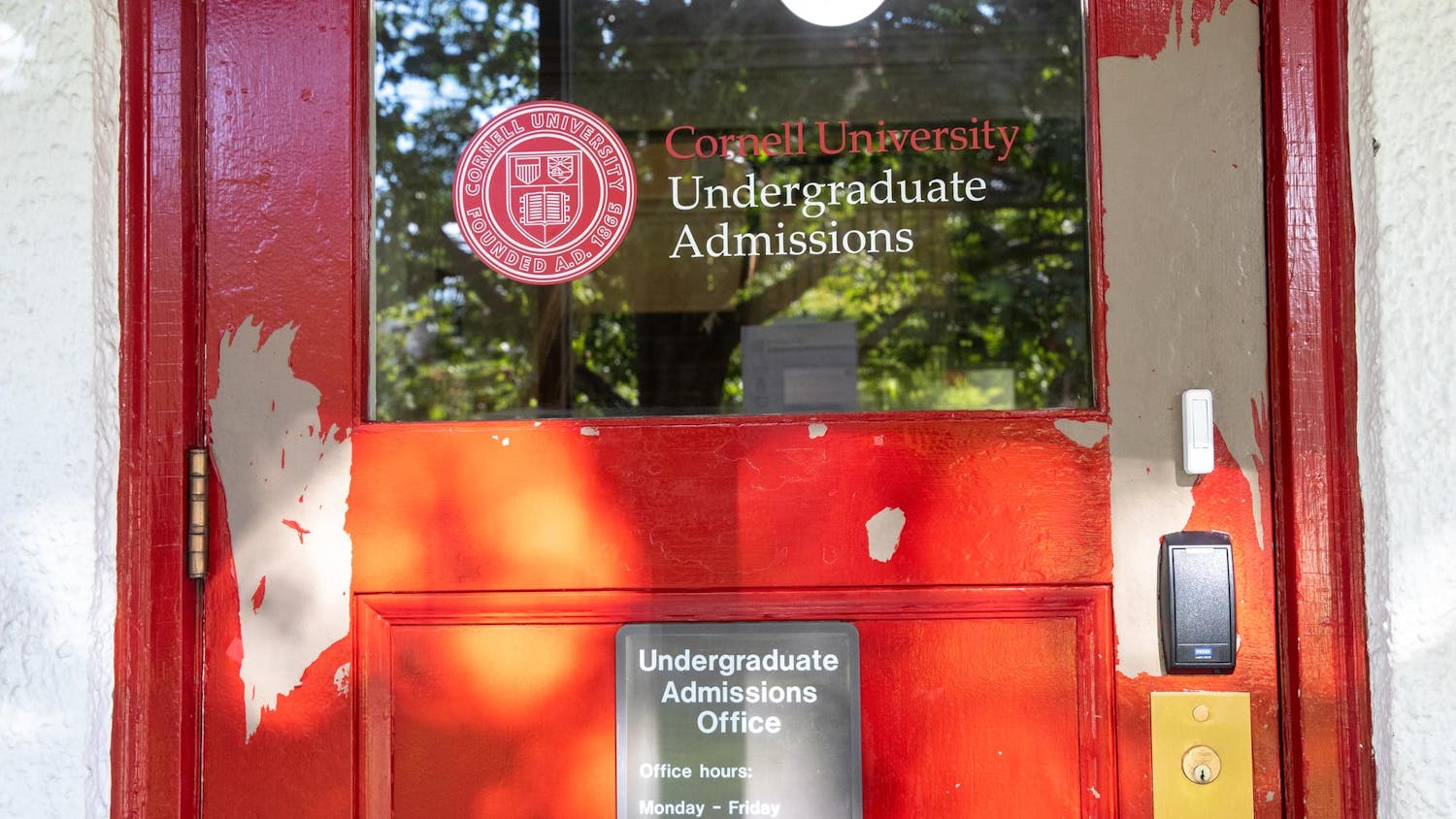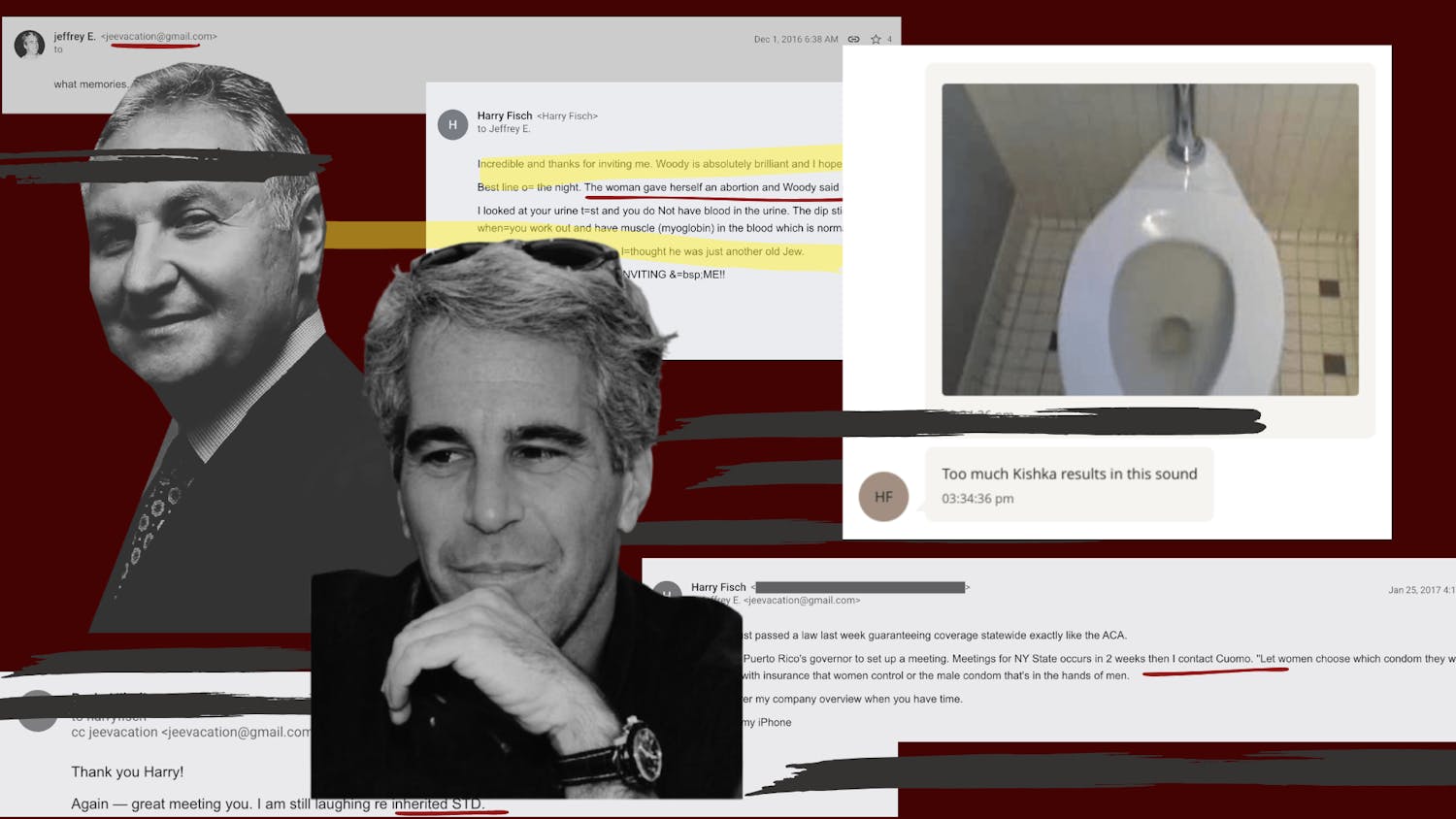On what would have been Carl Sagan’s 84th birthday, Nov. 9, the Carl Sagan Institute released a “lost” recording of a lecture titled “The Age of Exploration” that was recently discovered by Linda Mikula, strategic communications manager for University Communications.
Carl Sagan was an astronomer who came to Cornell University in 1968 as the director of the Laboratory for Planetary Studies, and then became a full professor in 1971, according to the Encyclopedia Britannica.
Sagan earned his bachelor’s and master’s degrees in physics in 1955 and 1956, respectively, both at the University of Chicago. He was a fellow at the University of California, Berkeley from 1960 to 1962 and until 1968, worked at Harvard University and the Smithsonian Astrophysical Observatory.
While at Cornell, Sagan helped choose the landing spot on Mars for the Viking probes and helped design the messages that were on-board the Pioneer and Voyager spacecrafts.
According to Encyclopedia Britannica, Sagan is best known for his role as a science spokesman and “popularizer of astronomy.” In 1980, Sagan gained prominence for his television series Cosmos which Ann Druyan, his wife, helped him write. He co-founded the nonprofit Planetary Society that same year.
In addition to his popularity arising from his science spokesmanship, Sagan’s views about extraterrestrial activity, nuclear weapons disarmament and religious skepticism made him “controversial” in “scientific, political, and religious circles.”
Sagan was the recipient of various awards, including the Pulitzer Prize and NASA Distinguished Public Service Medal, among others. Sagan died in 1996 in Seattle, Washington of pneumonia relating to his myelodysplasia, a bone marrow disease.
In his lecture, Sagan explored humanity’s obsession with being at the center of the universe, a phenomenon he called “chauvinism.” He traces this obsession through the history of exploration in anthropological history.
Sagan underscored the presence of science since humanity’s earliest ancestors and the importance of observation in the livelihood of various civilizations to keep track of time, “This [early observation] is a reminder that we have been scientists since the beginning,” Sagan said in the lecture.
In their observations, human ancestors saw that everything in the sky revolved around the Earth. Sagan said that our ancestors concluded that they must be at the center of the universe.
“There’s a resonance here between the most obvious interpretation of absolutely straightforward observational facts that every person can verify for him or herself, a resonance between that and our emotional hopes and needs,” he said.
Each “nation” that would perform observations of the sky would come to this conclusion, he said.
Sagan proceeded to highlight the presence of chauvinism in science.
“We have a weakness, and scientists are a creature of the culture in which they swim, in which they have grown up, and we [scientists] are also vulnerable to this siren song, which we can call chauvinism, egocentrism or anthropocentrism,” he said.
Sagan said we now have the mindset that we are at “the center of the intellectual cosmos,” pointing to the usual argument that human altruism, compassion, liking young, contemplating the consequences of our actions, art, music, tool making and tool use make humans unique.
Though humans have not found intelligent extraterrestrial life, Sagan said “all we have to do is keep an open mind.” He reminded the audience that “the earth is a very small stage in a great cosmic arena.”
“Think of the rivers of blood spilled by all those generals and emperors, presidents and prime ministers, party leaders, so that in glory and triumph they could become the momentary masters of the corner of a dot,” Sagan said, which was followed by a roomful of laughs.
“In our obscurity, in all this vastness, there is no hint that there is anyone who will come and save us from ourselves — that will only happen if we do it,” Sagan said.
He concluded his lecture by saying that studying astronomy was a “humbling experience” and built character.
Pointing to a picture of Earth with a laser pointer taken by Voyager, Sagan said the “picture underscores our responsibility to deal more kindly with one another, and to preserve and cherish our pale blue dot, the only home we’ve ever known.” The full lecture is available on YouTube.

Cornell Celebrates Carl Sagan’s 84th Birthday by Releasing ‘Lost’ Lecture
Reading time: about 4 minutes
Read More










